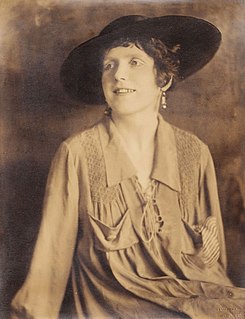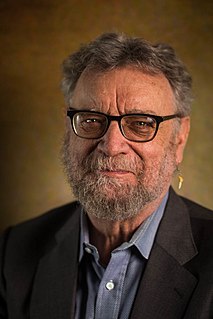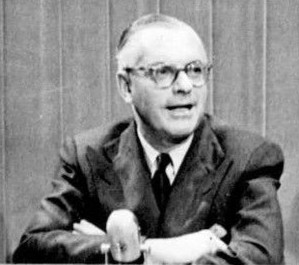A Quote by Manuel Puig
If a spectator with a philosophical mind, somebody accustomed to reading books, gets the same kind of information in a movie, he might not fully understand it.
Related Quotes
He wanted nothing, for the time being, except to understand .... Without advice, assistance or plan, he began reading an incongruous assortment of books; he would find some passage which he could not understand in one book, and he would get another on that subject .... There was no order in his reading; but there was order in what remained of it in his mind.
I'm reading a lot of different books, but I always think I have to switch it up a little bit. It's like food - everything in moderation, same with my books, same with my reading. You read books that are good for you and you learn a lot of stuff, then you read 'Fifty Shades of Grey,' which is like candy.
One can think of a secretary actively operating a filing system, of a librarian actively cataloguing books, of a computer actively sorting out information. The mind however does not actively sort out information. The information sorts itself out and organises itself into patterns. The mind is passive. The mind only provides an opportunity for the information to behave in this way. The mind provides a special environment in which information can become self-organising. This special environment is a memory surface with special characteristics.
Somebody insults you and you feel anger. Don't miss this opportunity; try to understand why, why this anger. And don't make it a philosophical thing. Don't go to the library to consult about anger. Anger is happening to you -- it is an experience, a live experience. Focus your whole attention on it and try to understand why it is happening to you. It is not a philosophical problem. No Freud is to be consulted about it. There is no need! It is just foolish to consult somebody else while anger is happening to you. You can touch it. You can taste it. You will be burned by it.
My personal success would be that people understand what I was trying to do. It was the most palatable when I watchmen_7_mdid Dawn. With Watchmen, too, I feel the same way. The movie's ironic and satirical and it's funny and serious and that's kind of the same way I felt about Dawn. Like I really was making a movie that knows it's a zombie movie and enjoys that and wants the audience to say, yeah, that's okay.
My parents read to me a lot as a kid, and I started writing very early, probably spurred on by Aesop's fables. Then they gave me The Lord of the Rings way too early for me to fully understand what I was reading, which was actually kind of cool. It was almost better - comprehension's overrated when you're reading.
You see? Characters in books do not read books. Oh, they snap them shut when somebody enters a room, or fling them aside in disgust at what they fancy is said within, or hide their faces in one which they pretend to peruse while somebody else lectures them on matters they'd rather not confront. But they do not read them. 'Twould be recursive, rendering each book effectively infinite, so that no single one might be finished without reading them all. This is the infallible message of discovering on which side of the page you are on.
Reading is a pleasure of the mind, which means that it is a little like a sport: your eagerness and knowledge and quickness count for something. The fun of reading is not that something is told to you, but that you stretch your mind. Your own imagination works along with the authors, or even goes beyond his, yields the same or different conclusions, and your ideas develop as you understand his.
Too many scholars think of research as purely a cerebral pursuit. If we do nothing with the knowledge we gain, then we have wasted our study. Books can store information better than we can--what we we do that books cannot is interpret. So if one is not going to draw conclusions, then one might as well just leave the information in the texts.



































